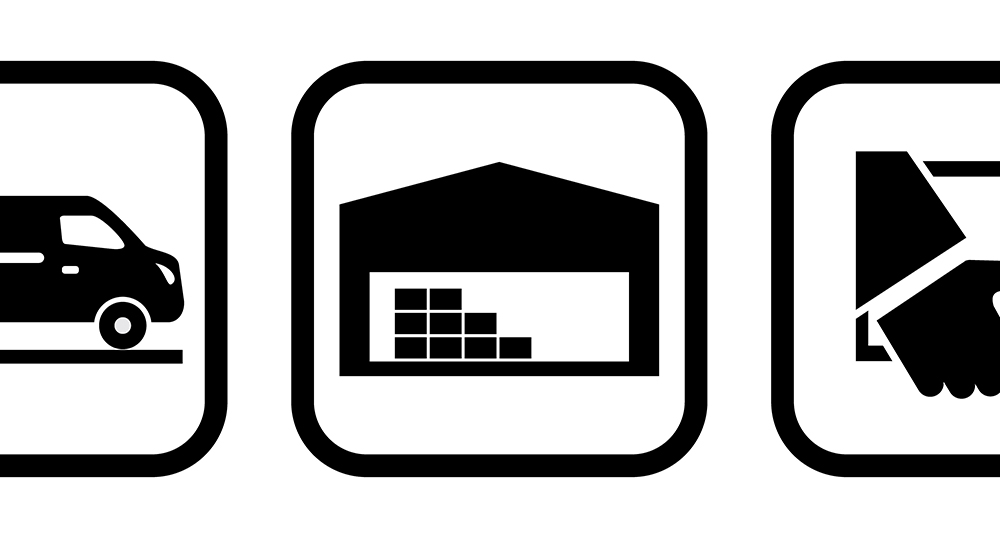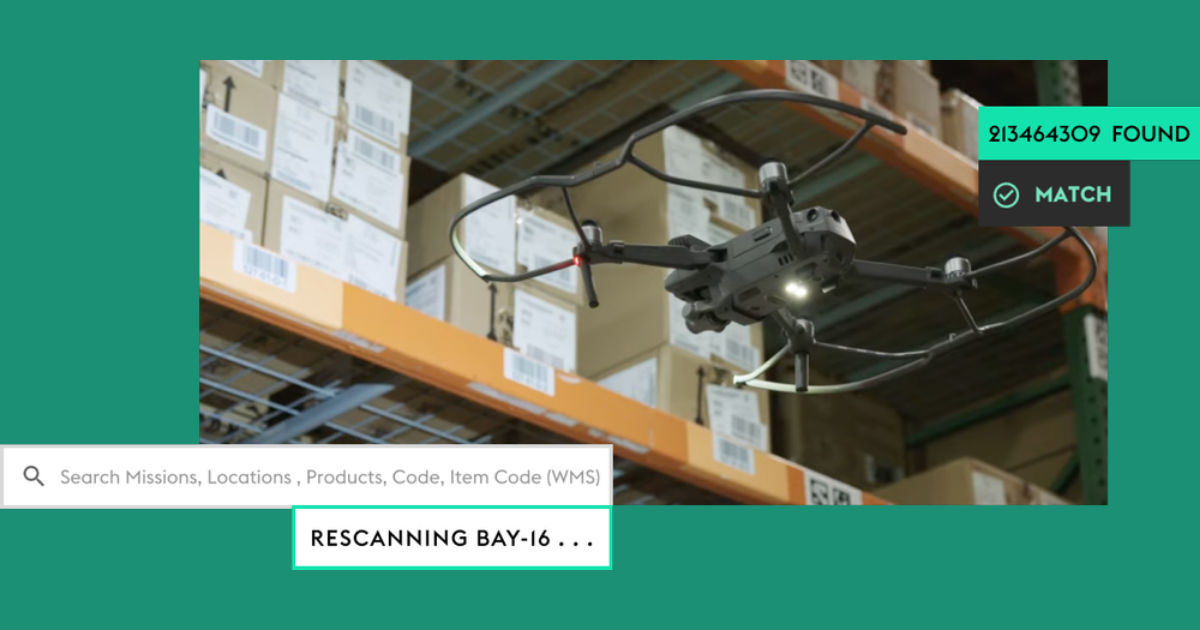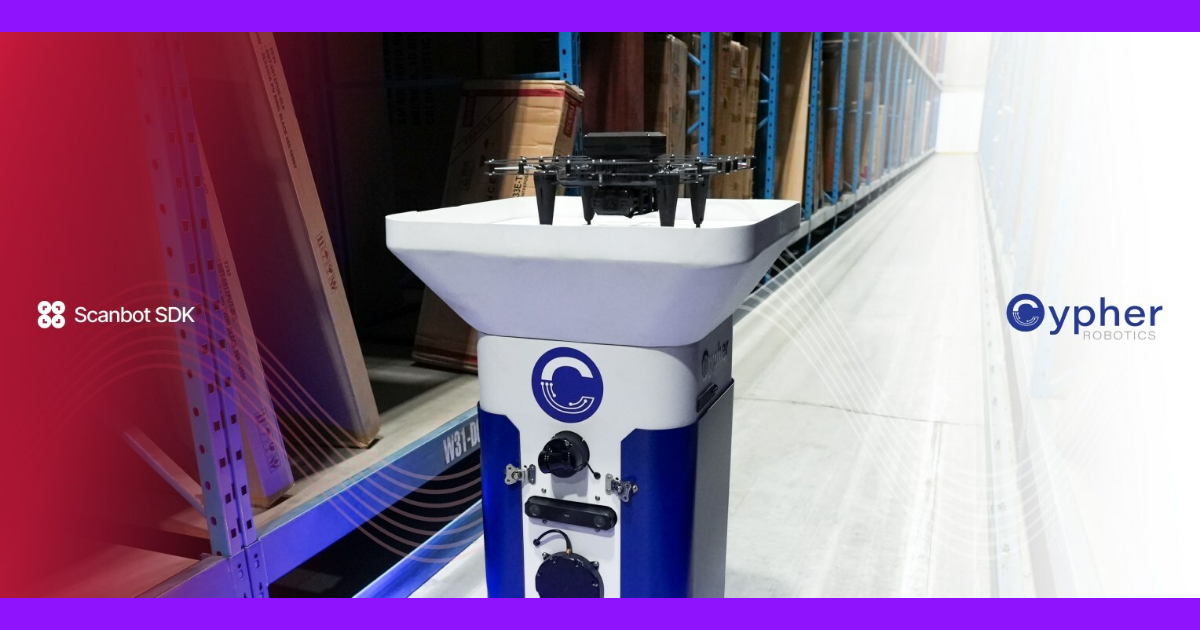
For any wholesale distributor or manufacturer, converting purchase orders into sales orders is a basic, daily process. However, many businesses are still executing this process the same way they were 20 years ago: manually. Customer service representatives take a purchase order, and manually key it in to the ERP system. In North America, every single year, over $7.5 trillion worth of B2B orders are processed in this manual fashion.
Many enterprises are seeking to modernize this process. They want to leverage automation to improve order cycle times, reduce errors, and free up their CSRs to carry out real customer service and revenue-generating activities. Attempting to achieve these goals, it is common for digital transformation teams to turn to robotic process automation (RPA).
Unfortunately, when it comes to sales order management, RPA alone is only a half-solution. To achieve powerful, touchless sales order processing, basic RPA components need to be augmented with more powerful forms of AI.
The Limits of RPA
Seasoned IT professionals know that RPA is not an “out of the box” solution. Still, they are often surprised at the technical debt that arises when RPA implementations are applied to an unsuitable business process. This IT burden is a key reason why, as reported by Gartner, most RPA implementations fail to deliver a sustainable ROI.
With sales order management, the technical debt generated by RPA is typically onerous. Why is this the case?
- RPA offers a toolkit of code that can be customized to a business process. But this customization is limited. RPA excels at automating repeatable tasks that are static in nature and whose inputs or data formats stay consistent. RPA does not deal well with unexpected or frequent changes in the process, data or any other element of the legacy app it is meant to automate.
- Processing orders requires the constant application of new business rules. As a result, sales order management is a highly complex business process, involving frequent updates and changes. With this type of process, RPA is a bad fit: the bots are unable to “learn” the new updates and rules without reconfiguration. In the face of constant change, they simply break.
- As the RPA bots constantly break and fail, in order to safeguard customer relationships and protect revenue, companies are forced to implement heavy oversight. Any interruption to the smooth processing of a purchase order severely impacts order cycle times and can seriously damage a customer relationship.
- As bots break, RPA for order management requires round-the-clock maintenance which may introduce even more technical debt, as companies struggle to assign staff resources outside of standard business hours.
- Overall, the technical debt that was previously generated by manual sales order processing isn’t eliminated. Instead, it is simply transferred to the team that now has to see the RPA implementation. Often, this second team is no smaller than the old team. The enterprise finds itself back at square one, with no ROI on their attempted digital transformation.
The Solution: Custom-Built AI (with a Dose of RPA)
Enterprises run into trouble because they make the error of thinking that any repeatable business process is ripe for an RPA solution. Often, every internal process is lumped in with a company-wide digital transformation.
However, the truth is more complex. RPA works well for processes rooted in straightforward, repetitive tasks and digital workflows that don’t tend to alter. However, purchase order processing doesn’t fit this description. It involves regularly introducing new business rules as the order requirements of that customer evolve – a process that technology like sales order automation can replicate, but RPA cannot.
An effective sales order automation solution will contain some RPA components. This is because the solution will contain a subset of less complicated processes, where RPA can be trusted to work. But in order to achieve effective sales order automation, this handful of core RPA com will be augmented by an AI platform that is custom-built to handle the complex business rules that attend wholesale manufacturing and distributing.
The cognitive processing required for handling complex business logic can be automated – but not with RPA alone. Automating sales order management requires AI that can learn and apply new rules and exceptions; that can respond, learn, and error-correct over time.
RPA is a powerful technology that has transformed many digital processes. Sales order automation requires the judicious use of RPA – with the added help of more specialized forms of AI.
Edited by
Ken Briodagh





